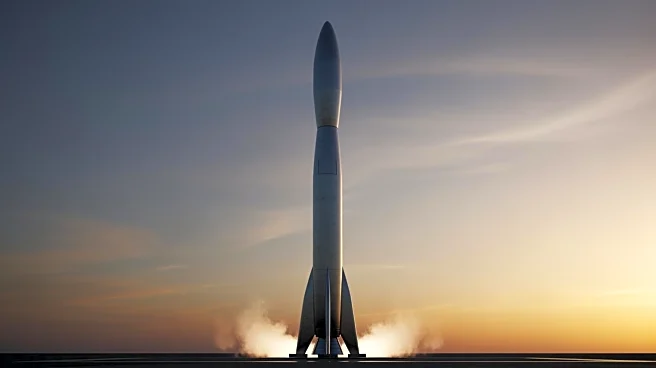What's Happening?
Elon Musk has celebrated a significant milestone as Tesla's valuation reaches $1 trillion, marking a victory in a pay vote. This achievement places Musk's wealth equivalent to the 20th largest economy globally, surpassing countries like Belgium and Argentina.
The article highlights the disparity in global wealth distribution, noting that the richest 1% hold 43% of global financial assets, while the bottom 50% own just 2%. The U.S. Gini coefficient, a measure of income inequality, has risen from 0.43 in 1990 to 0.49 in 2024.
Why It's Important?
Musk's financial success underscores the growing wealth gap and the concentration of economic power among a small elite. This development raises concerns about economic inequality and its implications for social stability and policy-making. The increase in the U.S. Gini coefficient suggests widening income disparities, which could lead to social unrest and demand for policy interventions to address inequality. Musk's wealth also highlights the influence of tech entrepreneurs in shaping global economic landscapes.
What's Next?
The focus on wealth inequality may prompt discussions on policy measures to address economic disparities, such as tax reforms or wealth redistribution initiatives. As Musk continues to expand his ventures, scrutiny over corporate governance and executive compensation may intensify. Stakeholders, including policymakers and civil society groups, may advocate for more equitable economic systems to ensure broader societal benefits.
Beyond the Headlines
The concentration of wealth among billionaires like Musk raises ethical questions about the distribution of resources and the role of corporations in contributing to societal well-being. This situation may lead to debates on the responsibilities of wealthy individuals and companies in addressing global challenges such as poverty and climate change.
















